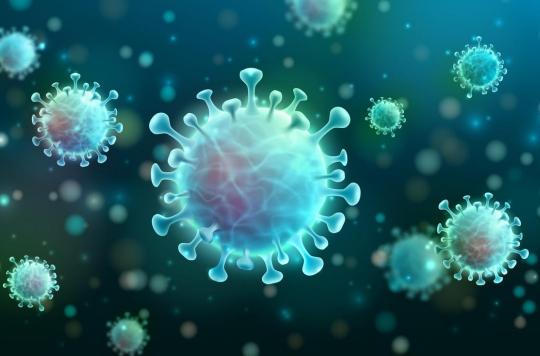May 7, 2003 – In Asia, with the apparent powerlessness of modern medicine, people are increasingly turning to traditional medicine and Chinese pharmacopoeia in an attempt to curb the severe acute respiratory syndrome (SARS) epidemic.
Among the most popular remedies, we find the “Bai Wei”, or “Eight Ingredients”, a mixture which contains in particular wild chrysanthemum and dried honeysuckle and which is used to stimulate the immune system. Instead, other experts recommend forsythia, a shrub that produces a fruit in the olive family, and Dyers’ woad, a perennial member of the mustard family.
For the more courageous or the more desperate, the dried seahorse, serpent and sea dragon and caterpillar mold would be great for the lungs, as would the dried red spotted lizard and various ginseng roots.
In addition, a working group was set up in China by the Association of Chinese Medicine and Pharmacology Practitioners to try to develop preventive and curative treatments. For now, researchers recommend a formula made with white atractylodes rhizome, honeysuckle flowers, astragalus root, and glenia root.
Modern medicine, however, remains skeptical, claiming that the therapeutic properties of these substances remain to be demonstrated. At the Prince of Wales Hospital in Hong Kong, Professor Ping Leung therefore set up a research protocol to evaluate the effectiveness of an herbal cure in the treatment of the early stages of the disease, which would be used for a very long time to treat influenza.
However, uncertainty continues to hover. “SARS patients have been hospitalized in orthodox medical hospitals and officially they are receiving conventional antivirals. Should we deduce from this that the treatment with Chinese herbs has not given satisfaction or has the world of orthodox medicine won a victory in Beijing (there is also this fight in China between the two medicines) or the are herbal treatments kept more discreet (in order to be able to develop a drug for the future, without the big pharmaceutical groups taking the formula too quickly)? Big questions, to which the future will give an answer, explained to PasseportSanté.net by email Pierre Sterckx, a graduate of general Chinese medicine of the Faculty of TCM of Hubei (China).
Finally, in Canada, Health Canada recently issued an advisory warning consumers to beware of advertisements for products supposedly capable of preventing or treating SARS. Some of these include vitamin C, colloidal silver, and belladonna.
Jean-Benoit Legault – PasseportSanté.net
According to Associated Press, Health Canada and La Presse; April 29 and May 5, 2003; www.chinamed.com; www.healthlink.com.au.
















